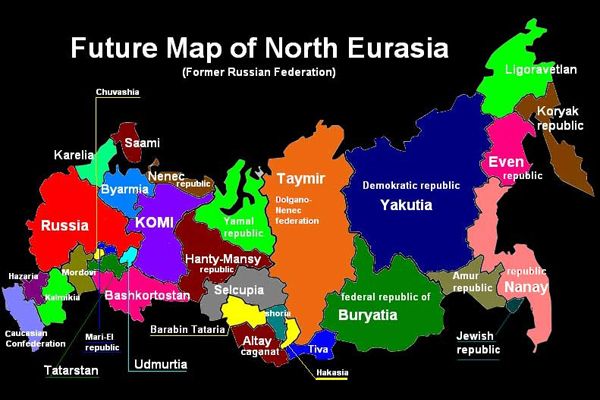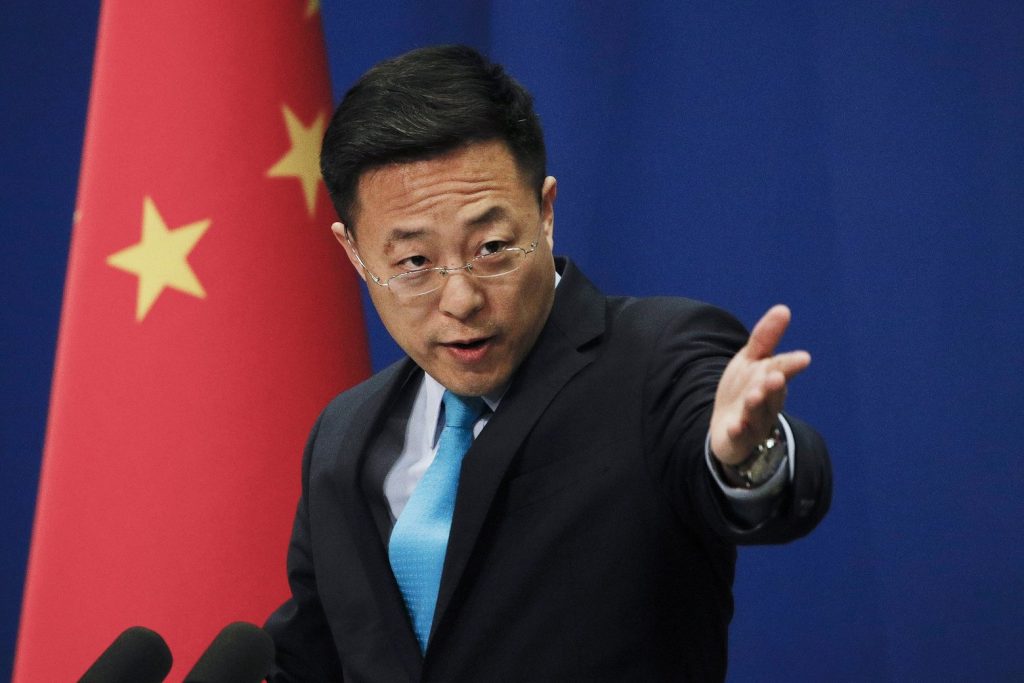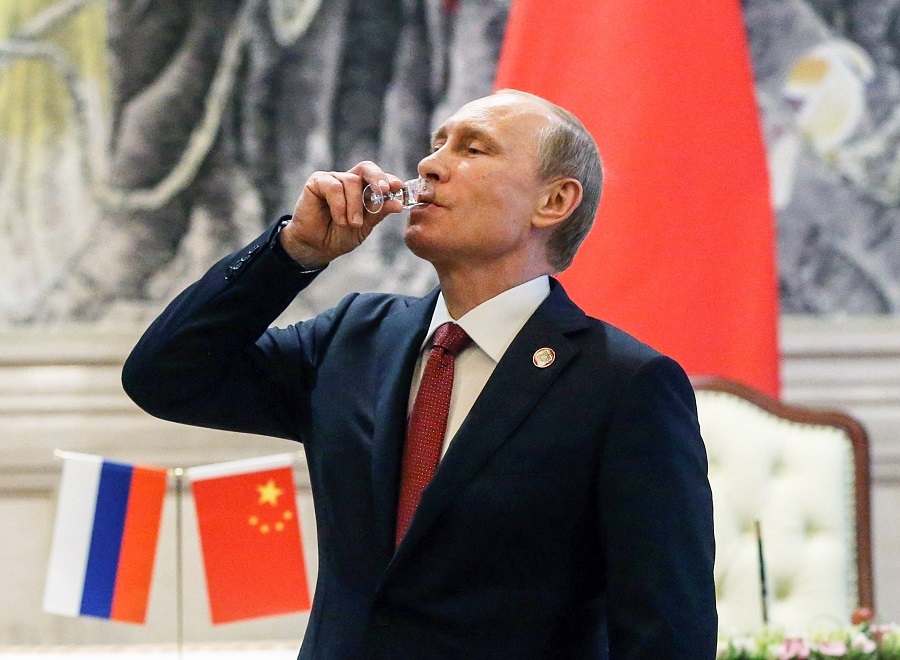China is likely to step up efforts to have a say in Western political process through media campaigns and election meddling. Beijing has opted for a policy of confrontation toward the Unites States and allies, as the case of trial infiltration into the election campaign in Canada shows.
Over the past decade, China, under President Xi Jinping, has adopted a more aggressive foreign policy as it seeks to expand its political, economic and military influence around the world.
Canada-China relations hit their lowest point after December, 2018, when Beijing locked up two Canadians in apparent retaliation for Ottawa’s arrest of a Chinese Huawei executive on an extradition request from the United States.
A committee in the Parliament of Canada passed a motion that calls on the government to investigate allegations of foreign interference in the country’s general elections. A vote by the Standing Committee on Procedure and House Affairs came soon after its members attended closed-door testimony by senior intelligence officials, which touched on various topics relating to the national security of Canada.
The motion specifically mentioned recent testimony by David Vigneault, Director of the Canadian Security Intelligence Service (CSIS), which is Canada’s primary national intelligence agency.
Vigneault told the Procedure and House Affairs Committee that there had been no major efforts by foreign powers to interfere in Canadian elections in 2019 and 2021. As a result, the integrity of the election processes and results had not been compromised, Vigneault said.
However, the CSIS director added that an investigation had been launched into allegations that China carried out concerted efforts to meddle in these elections. Vigneault was referring to a series of media reports in the past year, which have alleged that China employed its embassy in Ottawa, as well as its network of consulates across Canada, to carry out a campaign of interference into Canadian political life, and election campaigns in particular.
Beijing uses Canadian organizations to advocate on their behalf “while obfuscating links to the People’s Republic of China”. China’s former consul-general in Vancouver, Tong Xiaoling, boasted in 2021 about how she helped defeat two Conservative MPs. According to CSIS sources, one consular official at Chinese diplomatic mission in Canada claimed that Beijing likes it when the parties in Parliament are fighting with each other, whereas if there is a majority, the party in power can easily implement policies that do not favor the PRC.
Much of the momentum behind these allegations comes from the opposition Conservative Party of Canada. Some senior Conservative officials have explained their electoral defeat by the ruling Liberal Party as a result of Chinese interference.
All five Liberal Party lawmakers in the Procedure and House Affairs Committee voted against the motion to launch a broad public inquiry into alleged Chinese electoral interference. However, they were outnumbered by the six opposition lawmakers, who united in voting for the motion. The motion is not binding. However, it places pressure on the government of Prime Minister Justin Trudeau to address these concerns. Trudeau has acknowledged that China did try to interfere in the Canadian general elections, but has insisted that the election results were not affected by these efforts.
It seems highly improbable that Chinese efforts have affected the outcome of the elections in Canada. However, there is no denying that Beijing has stepped up efforts to make that impact and wants to succeed. So, Beijing likely attempted to meddle in Canada’s recent elections.
It is particularly worrying that China’s misinformation effort looks like coordinated with the Kremlin’s narratives over the past year. It’s doubtful, however, those efforts are coordinated indeed. China, most likely, sees that Russia’s misinformation campaigns pursue the same objectives – to discredit the West and undermine the unity of the allies, and supports them to reach a greater audience.
Chinese diplomats conduct foreign interference operations in support of political candidates and elected officials. Tactics include undeclared cash donations to political campaigns or having business owners hire international Chinese students and “assign them to volunteer in electoral campaigns on a full-time basis.”
Sympathetic donors are also encouraged to provide campaign contributions to candidates favored by China – donations for which they receive a tax credit from the federal government. Then, the CSIS report from Dec. 20, 2021 says, political campaigns quietly, and illegally, return part of the contribution – “the difference between the original donation and the government’s refund” – back to the donors.
A key part of their interference operation is to influence vulnerable Chinese immigrants in Canada, whose number exceeds 1.71 million people.
China wants to build acceptance abroad for its claims on Taiwan, a self-ruled island that it considers a breakaway province and still reserves the right to annex by force. Beijing also seeks to quell foreign support for Tibet, a region China invaded and annexed more than 70 years ago, and to discourage opposition to Beijing’s militarization of the South China Sea and sweeping maritime claims in the region. Russian invasion of Ukraine provided a good example for Beijing of how the West can unite to defend the values of national sovereignty and international law, which may have come as a surprise given Russia’s nuclear status. Close relations between China and Moscow make Beijing take measures to improve its image and enforce its influence over the Western nations.
Chinese spy balloons launched over the United States and Canada, misinformation and propaganda efforts suggest that Beijing borrows Russian tactics of confrontation. That means more risk of subversive operations and tougher influence effort by China to meddle in political process of foreign nations. We believe however, those efforts might be more sophisticated and effective, unlike rather primitive performance by Russian intelligence agencies.
With regard to Canada, China is likely to bet on Chinese Communist Party’s United Front Work Department (UFWD), a vast organization that uses mostly covert and often manipulative operations to influence overseas ethnic Chinese communities and foreign governments. In that regard, China might repeat the Russian tactics of working through Rossotrudnichestvo, but with greater effect.








